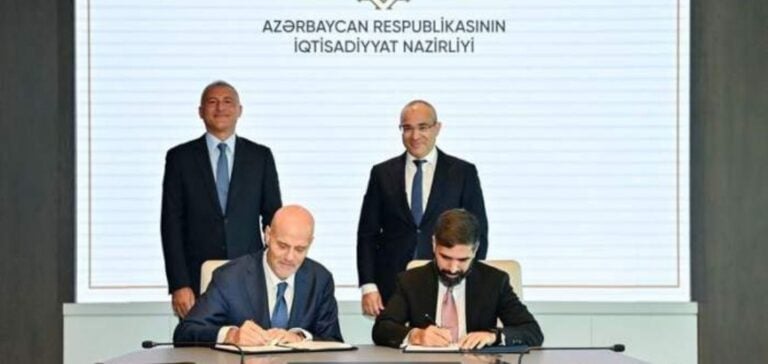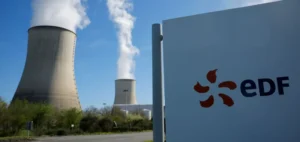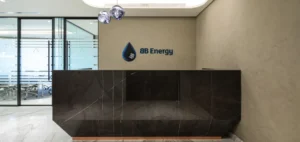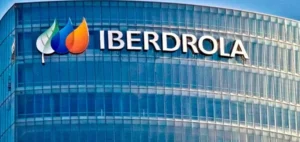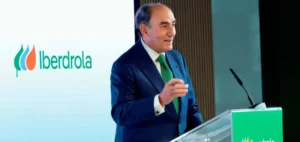Eni and SOCAR have officially signed a Memorandum of Understanding (MoU) in Baku, Azerbaijan, marking the start of a strategic cooperation in the fields of hydrocarbon exploration and production, energy security and sustainability.
Claudio Descalzi, CEO of Eni, and Rovshan Najaf, CEO of SOCAR, formalized the agreement in the presence of Mikayil Jabbarov, Minister of Economy of the Republic of Azerbaijan.
Objectives of the Agreement
The agreement aims to identify and develop opportunities for collaboration in the exploration and production of natural gas and oil.
Eni and SOCAR are seeking to improve energy efficiency and reduce greenhouse gas (GHG) emissions by implementing advanced technologies.
The companies are also evaluating gas transportation infrastructures to enhance national and international energy security.
Focus on Sustainability
A key aspect of this agreement is both companies’ commitment to sustainability.
They will explore projects and technologies aimed at reducing GHG emissions and promoting sustainable development.
This commitment is in line with Eni’s decarbonization strategy, which aims to achieve carbon neutrality by 2050.
SOCAR, for its part, is pursuing similar objectives by integrating sustainable practices into its operations.
Future prospects
The signing of this MoU comes at a crucial time for the global energy sector.
Cooperation between Eni and SOCAR could play a decisive role in the energy transition in Azerbaijan and beyond.
By combining their expertise, the two companies hope to develop innovative solutions to current and future energy challenges.
The agreement also includes initiatives in the run-up to the COP 29 United Nations Climate Change Conference, to be held in Azerbaijan in November 2024.
Both companies are looking to align their projects with the objectives of the conference, thereby contributing to global efforts to combat climate change.
Benefits for the Energy Sector
The collaboration between Eni and SOCAR could strengthen Azerbaijan‘s position as a key supplier of natural gas to Europe.
By improving gas transport infrastructures and adopting sustainable practices, the two companies can contribute to the region’s energy security.
In addition, this agreement could stimulate innovation and the adoption of new technologies in the energy sector.
Shared commitments
Eni and SOCAR share a commitment to reducing GHG emissions and promoting sustainability.
Both companies adhere to the Oil and Gas Decarbonization Charter, a global initiative to accelerate climate action in the oil and gas sector.
This joint commitment reinforces their determination to carry out projects that will have a positive impact on a large scale.
In conclusion, this agreement between Eni and SOCAR marks a milestone in international cooperation for the development of sustainable energy projects.
Both companies will focus on implementing innovative solutions to meet today’s energy and environmental challenges.
This strategic collaboration could pave the way for new opportunities and strengthen Azerbaijan’s position in the global energy landscape.


